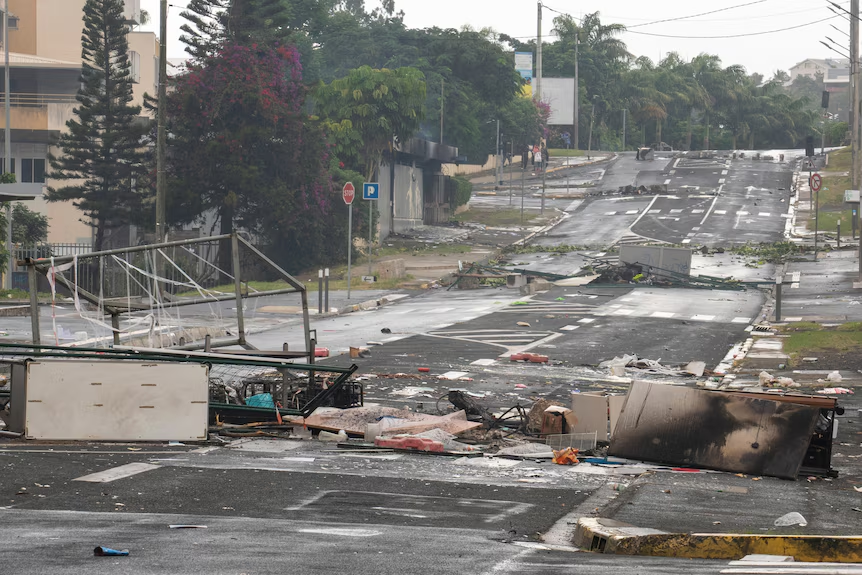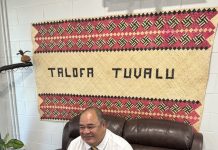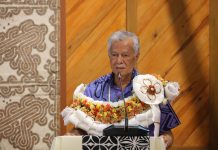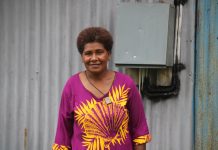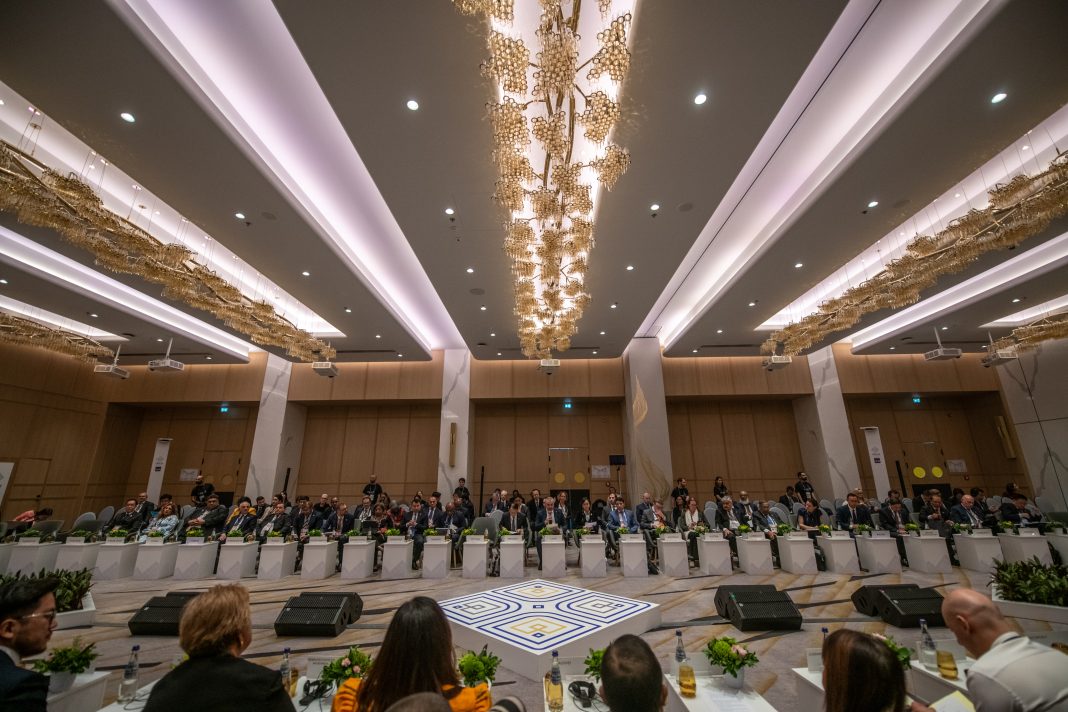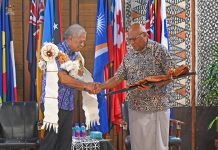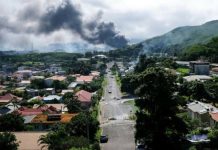Tuvalu and other Pacific countries can expect a higher concessional grant from the Asian Development Finance (ADF) – with the new USD$50 billion pledge from 36 donors announced last week.
The grant pledge is the biggest so far in the history of the ADF replenishment cycle and coincides with its 50th anniversary this year.
The Asian Development Fund (ADF) provides grants to ADB’s poorest and most vulnerable developing member countries (DMCs). Established in 1974, the ADF initially provided loans on concessional terms.
Speaking to PACNEWS in Tbilisi, Tuvalu’s Minister for Finance and ADB Governor, Panapasi Nelesone is excited that his government will receive more grants from the ADB compared to the last ADF13 funding cycle.
“The Asian Development Fund (ADF) allocation is a transformative mechanism capable of creating life-changing impacts on the wider communities and Tuvalu acknowledges the contributions of members and the pledges committed to the ADF14, said Nelesone.
For ADF13, Tuvalu received an allocation of USD$48 million – an increase of USD$13 million from ADF12.
“Tuvalu greatly benefits from ADF grants. So far I haven’t seen any figures on how much an increase will be our allocation
“So far I haven’t seen an increase in our allocation yet but I know it will be an increase. I think it was 40% increase from the last ADF13 cycle. We look forward to working with ADB to use this assistance to accelerate our climate action.
Minister Nelesone told PACNEW his small island nation of just over 11,000 people need a lot of help in resilient infrastructure. It’s an expensive adaptation measure but we need them because of the impact of climate change that we are experiencing daily.
He raised another concern of the unevenness of mitigation and adaptation allocation of climate finance and action by the ADB.
Last year, the ADB spent US$5.5 billion for mitigation projects while USD$4.3 billion were used for adaptation.
“That’s the concern we raised – not just here at ADB but with other donors and development partners at other major international conferences. We notice that there is a big imbalance. There’s more money pledged for mitigation than adaptation. That needs to change, Nelesone told PACNEWS.
We will continue to raise our voices on this issue balance or even better, more allocation to adaptation.”
“We’d love to see more allocation for adaptation because Tuvalu is at the forefront of climate change and we need to adapt to these changes we are experiencing daily.
Tuvalu has also commended ADB’s position to become the climate bank for the Asia Pacific region and its commitment to scale up climate finance assistance to members.
Minister Nelesone described ADB’s reform and the new operating model – as a step in the right direction.
‘We rely on ADB to prioritise improved and better access to climate finance and grant funding both in scale and speed to support resilient building and restore fiscal buffers.
“Despite the challenging environment, I am pleased that ADB has stood alongside Tuvalu and fostered remarkable engagements through technical consultations and project implementations targeting critical sectors, said Nelesone
Tuvalu has also welcomed ADB’s new operating model to be closer to its sovereign clients in the Pacific.
“It helps us to call on them immediately for technical assistance and ask for help when we need them. Rather than waiting for someone from Manila to come all the way from there to Tuvalu, they will be present in the Pacific. It’s logical and makes sense, Minister Nelesone said.
Tuvalu is geographically isolated and highly vulnerable to climatic and economic shocks. To date, ADB has committed 46 public sector loans, grants and technical assistance totaling USD$152 million to Tuvalu. ADB’s current sovereign portfolio include nine grants worth USD$964 million.


